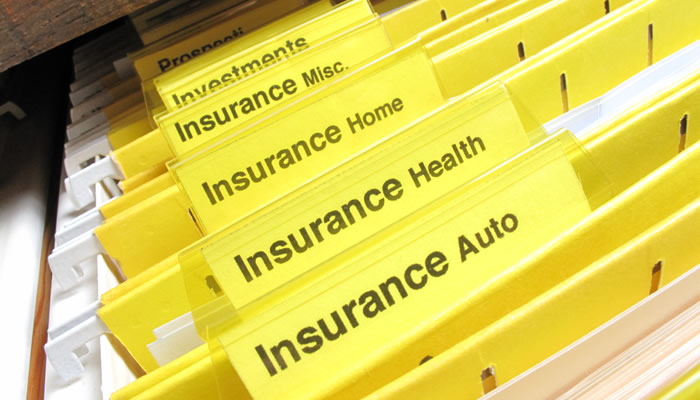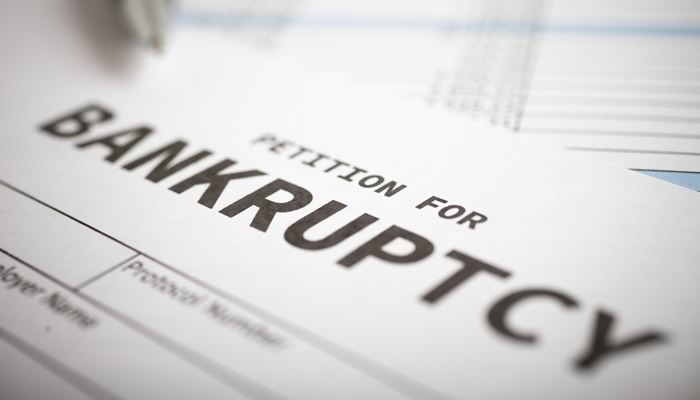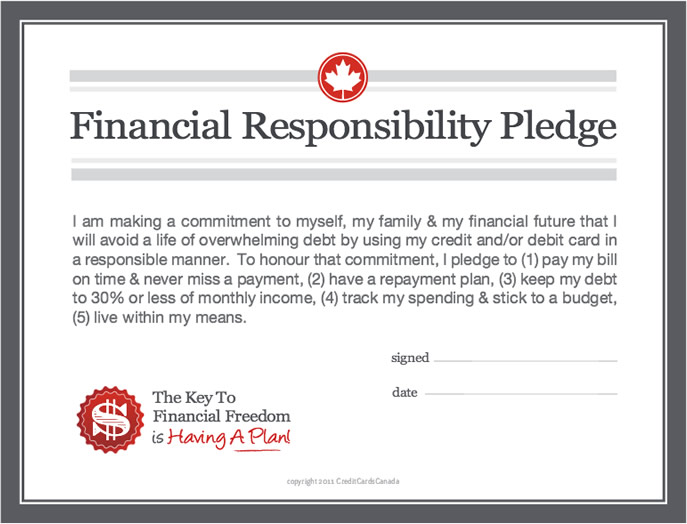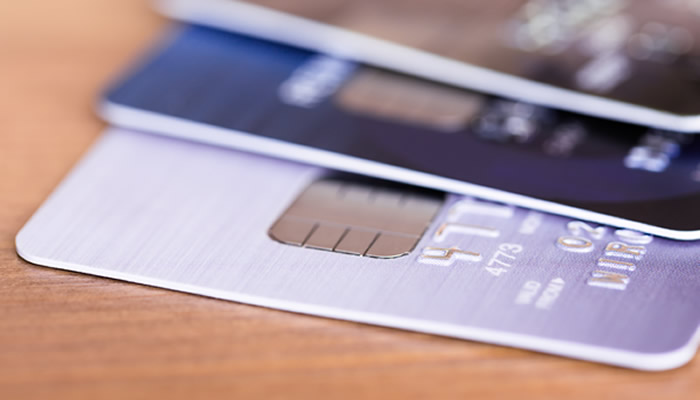Travelling with Your Credit Card
Travelling is supposed to be relaxing, but if you forget to notify your credit card issuer in advance, it can cause all sorts of headaches. When travelling abroad there are some important steps you should take with your credit card. Whether you’re travelling to a sunny destination like the Caribbean or on business, follow these simple tips to ensure your time away is enjoyable and stress-free.
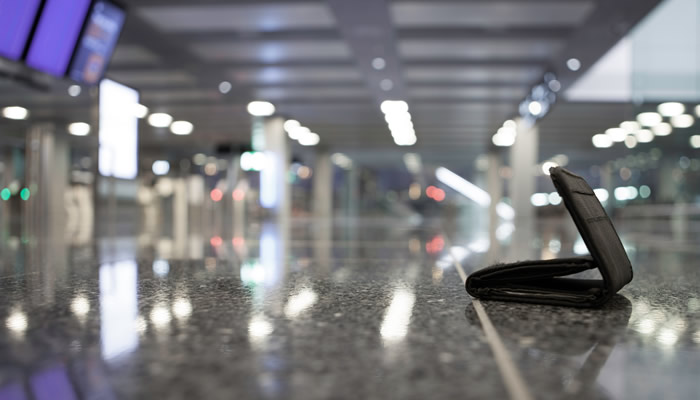
Notify Your Credit Card Issuer
While it’s important to book your hotel and airline tickets, it’s also important to let your credit card issuer know about your travel plans. Before you embark on your vacation, let your issuer know exactly where you’ll be travelling and for how long.
If your credit card suddenly has charges from a faraway destination like Hawaii and you didn’t let your issuer know about your travel plans, they may suspect there’s been fraudulent activity and flag your account. When your card is “on hold” you cannot make any purchases. Worse of all you could find yourself stranded without any cash. While you can phone your issuer to unfreeze your account, all of this could have been avoided if you had just taken the time to make a phone call before you left home.
Know Your Credit Limit and Expiry Date
When you’re travelling, your budget is probably the last thing on your mind. It can be easier to overspend in a foreign country, since you’re shopping at retailers you’ve probably never been to before. Even though you’re on vacation, it’s still important to create a budget ahead of time to ensure your credit limit is sufficient to cover your travel expenses.
Before you leave, you should take the time to review your credit limit, account balance and the amount of credit available. The last thing you want is to find yourself maxed out while on holidays. You should also double-check your credit card’s expiry date. Although most credit card issuers send you a new credit card well ahead of the expiry date, you certainly don’t want to find yourself with an expired card in a different country.
Foreign Currency Conversion
When travelling abroad with your credit card, it’s important to keep a close eye on foreign exchange rates. When you shop with your credit card, you may or may not receive a foreign exchange rate that is better than local currency dealers. Your card’s exchange rate depends on your issuer, so you should review the section “foreign currency conversion” found in the information box on your credit card agreement.
Typically you’re billed in Canadian dollars, but you could face other costly fees. Foreign transactions are typically made based on the exchange rate in effect when the transaction is posted. You could also face a foreign conversation rate – typically 2% – based on the purchase amount.
You should be especially wary of DCC (short for Dynamic Currency Conversion). When making an international purchase you may be offered this payment option. Although DCC conveniently displays the purchase price in your home currency, it comes at a cost, as retailers can charge you additional fees for this service.
Quick Credit Card Tips
Here are a few final quick tips to follow when travelling:
- Purchase your airline tickets with your credit card. If your trip is cancelled, you’ll have your receipt as proof of purchase.
- Carry a backup credit card. If your credit card is lost or stolen, you’ll have a second credit card which you can rely on for your daily spending.
- Store your primary credit card and backup credit card in separate places. If you lose your wallet, you won’t lose both cards at once.
- Use a Chip-and-PIN credit card at retailers whenever possible. Although retailers in the U.S. have been slow to adopt Chip-and-PIN technology, it makes purchases a lot more secure.
- If you have a travel rewards credit card, consider redeeming your points to save on your travel expenses.

